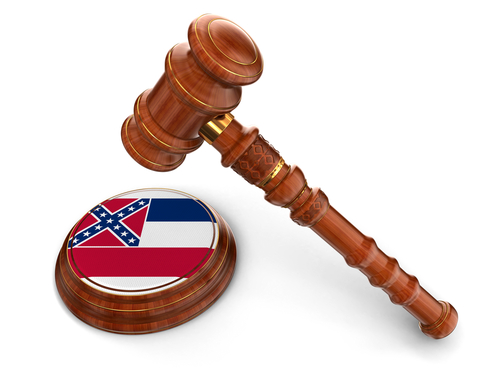Erosion of Courts’ Power Worries Justices
In extended oral arguments (PDF) yesterday, the U.S. Supreme Court weighed the power of President Bush to order state courts to carry out an international court decision.
Chief Justice John G. Roberts Jr. allowed the usual one-hour argument to go on an extra 26 minutes, “a bonus of nearly 50 percent that would have been unthinkable under his predecessor, Chief Justice William H. Rehnquist,” the New York Times writes.
Legal Times called the arguments “sometime chaotic” and said justices asked 176 questions in the appeal by a Texas death row inmate, Jose Ernesto Medellin.
At issue is whether President Bush had the power to order Texas courts to abide by a decision of the International Court of Justice, which ruled that a treaty required Medellin to be told after his arrest of his right to consult with the Mexican Consulate.
The Texas Court of Criminal Appeals rebuffed Bush, ruling that Medellin had not raised the issue in time.
Many of the justices’ questions seemed bent on protecting the power of the federal judiciary from presidential interpretations of international court orders, Legal Times says.
“The thing that disturbs me about your position,” Roberts told the lawyer for Medellin, “is that it seems to leave no role for this court in interpreting treaties as a matter of federal law.”
Justice Antonin Scalia was similarly troubled, SCOTUSblog reports. He said he saw a constitutional problem with “giving an international body the authority to determine U.S. federal law. I am rather jealous of that authority. I don’t know on what basis we allow an international court to decide the content of American law.”
Write a letter to the editor, share a story tip or update, or report an error.


